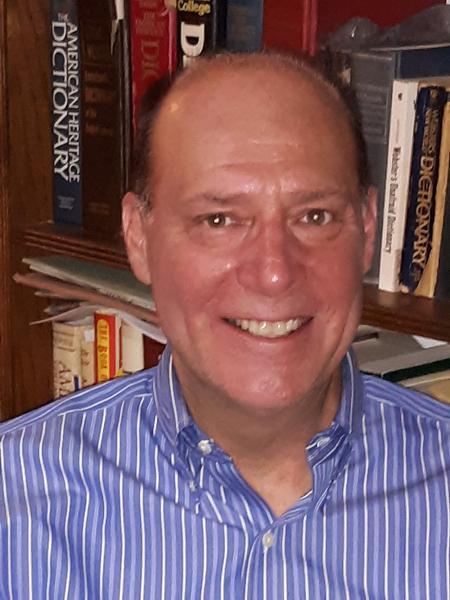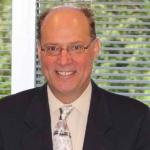
Dr. Hayworth has been involved with ACSH for many years serving as a member of our Board of Scientific Advisors, and participating in our documentary, Big Fears, Little Risks. Nan graduated from Princeton University, where she received an undergraduate degree in biology, and Cornell University Medical College. Nan is a board-certified ophthalmologist entering practice in 1996. She subsequently entered the private sector as a medical director for a healthcare communications company and now serves as Strategic Business Development Advisor at Pilot Growth Equity. She and her husband, Scott, reside in Westchester County, part of New York’s 19th congressional district. In 2010 Nan was elected to Congress representing that district, becoming the only female physician to serve in Congress. In addition to serving on ACSH’s board, Nan serves on the boards of several non-profits. Nan’s expertise and political background make her a regular guest on television and radio shows.
Dr. Hitchcock has also been involved with ACSH for many years, serving on our Board of Scientific Advisors. Although born in England, Mick has resided in America for 40 years. He is a biochemist/microbiologist, graduating from the University of Manchester Institute of Science and Technology with a master’s in biochemistry. He received his doctorate in microbiology from the University of Melbourne. He joined Bristol-Myers, where he focused on infectious disease research and development. In 1993 he moved to Gilead Sciences, helping to build the company from a staff of 100 to the fifth-largest pharmaceutical company in the world. At Gilead, Mick focused on drugs to treat bacterial and viral diseases, focusing on treatments for HIV and Hepatitis C. Mick currently resides in Reno, where he is very involved with research at the University of Nevada, Reno. He serves on numerous boards.
ACSH has always been fortunate to have brilliant scientists and doctors associated with it. From its founding in 1978 by Dr. Fredrick J. Stare, the founder of Harvard’s Department of Nutrition; Dr. Norman E. Borlaug, Nobel Laureate and founder of “the Green Revolution; and Dr. Elizabeth M. Whelan, who also served as ACSH’s first president. The addition of Nan and Mick continues that legacy.
You can see the complete Board list here.


